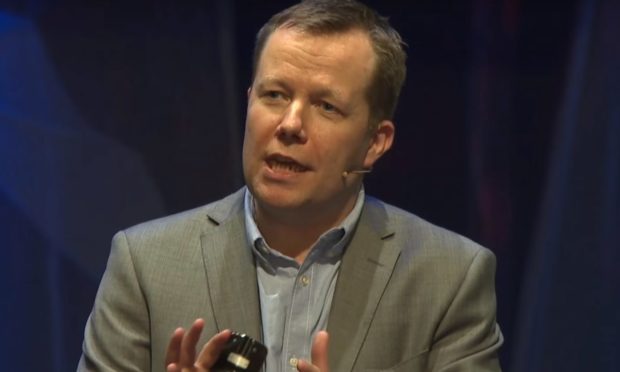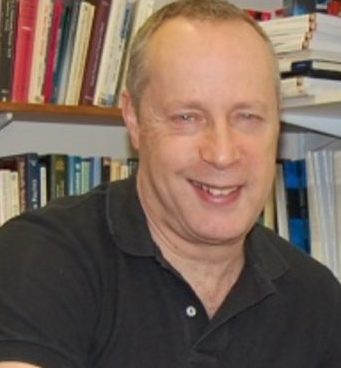There are signs the rise of new coronavirus cases has been “blunted” but it is too early to know if the country has passed the second peak of infections, public health officials say.
Scotland recorded 1,456 new Covid-19 cases into Tuesday but this figure is understood to include cases delayed over the weekend due to a laboratory issue, with the number registered on Sunday falling to an unexpected low of 316.
Official records show 993 cases were recorded on Monday, significantly lower than the high of 1,429 on Wednesday last week, or the 1,351 registered on Thursday and the 1,196 listed for Friday.
The possible slowing of infections comes at a crucial moment, with Nicola Sturgeon set to outline the first details of a new tiered framework on Wednesday.
The first minister’s announcement is expected to see the toughest present restrictions in the country, which shut down hospitality and social mixing for the central belt’s 3.4 million residents, rolled over for an extra week.
Scotland’s national clinical director, Professor Jason Leitch, said delays to testing data made it difficult to tell the overall trends and said it was tough to pick out what, if any, public health restrictions had slowed the spread of the virus.
I think people can be reassured that the sacrifices they are presently making are worth it and they will serve us well going forward.”
Professor Jason Leitch
Speaking at the Scottish Government’s daily coronavirus briefing on Tuesday, Professor Leitch said: “It would appear that 11 days into the restrictions in the central belt, the doubling time is not as it was.
“You’ll remember a few weeks ago we stood here and said the doubling time modelling suggested nine to 11 days.
“But we haven’t gone from 1,400 positive cases to 2,800 positive cases – that would have been double. So it would appear that we have blunted the acceleration.”
Professor Leitch said he does not know if the current phase of the virus has “peaked” because the situation has been made more complex by the weekend delays.
“I think people can be reassured that the sacrifices they are presently making are worth it and they will serve us well going forward,” he said. “But I cannot tell them that those sacrifices are over.”
Professor Leitch said the data around intensive care admissions is less encouraging, with 69 people in ICU, though he said the numbers are still within NHS capacity. A further 15 deaths were recorded into Tuesday.
Also during the briefing, Ms Sturgeon confirmed the new multi-level system of restrictions, which could see different measures implemented regionally and nationally, is not expected to come into force until November 2.
Her cabinet will discuss on Wednesday whether to roll over the central belt rules for another week until the new system takes effect but the first minister said it would “make sense” from a public health perspective to extend them.
The new framework will be voted on by MSPs next week when they return from recess and will be timed to align with the UK Government’s new furlough scheme.
However, a leading expert in social psychology – and adviser to the Scottish Government – warned a similar tiered system already in place in England had represented “the worst of all worlds”.
St Andrews University’s Stephen Reicher told the All-Party Parliamentary Group on Coronavirus that the three-tiered approach south of the border was a “good idea in principle” if it provided clarity and equity.
But Professor Reicher, who is a member of Sage and the Scottish Government’s Covid-19 advisory group, warned there had been a lack of clarity over what criteria had been used to place areas in different tiers.
He said: “A tier system isn’t bad in and of itself, the way it’s been applied, I think, has been disastrous and is leading to political paralysis when we need action really quickly because infections are spiking.”
The UK Government has been locked in a row with local leaders in Greater Manchester for more than a week over whether the area should go into the highest tier of England’s alert system and what support should be made available.
Ms Sturgeon insisted she will have the final say on local restrictions in different parts of Scotland, stating “the buck for these difficult decisions stops here”.
We are asking people to do extraordinary things right now and it’s not fair for me and the government to try to offload those onto other people, be it local authorities or health boards.”
Nicola Sturgeon
The SNP leader said she would not “offload” decisions on alert levels to local authorities and said it was her “driving ambition” not to see a repeat of problems when the new multi-tier system is introduced in Scotland.
“We are asking people to do extraordinary things right now and it’s not fair for me and the government to try to offload those onto other people, be it local authorities or health boards,” she said.
“We have to consult and be as collaborative as possible. We will absolutely be engaging with local authorities. And as we take decisions about which levels apply in which parts of the country, we will want that to be collaborative.”
Ms Sturgeon said her government was “not in a position to get into standoffs over money” similar to the one seen in Greater Manchester and stressed the “finite resources” available to her as first minister.


